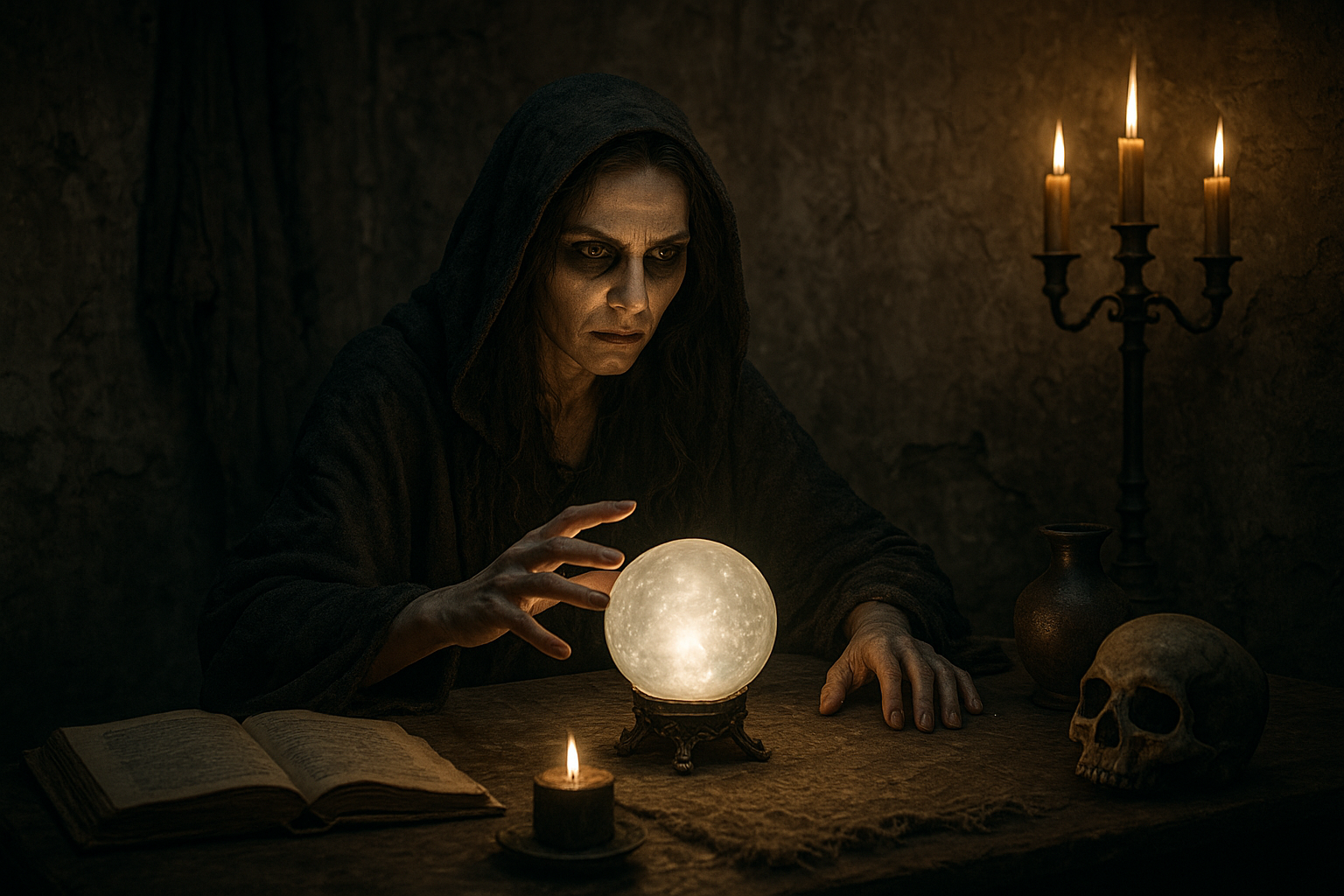In the heart of ancient civilizations, oracles served as the lifeline between the mundane and the divine realms. Although many are familiar with the storied Oracle of Delphi, countless lesser-known oracles have shrouded themselves in mystery. Among these enigmatic figures is the Forgotten Oracle, whose secrets remain tantalizingly out of reach, hidden within the veils of occult traditions.
“The most beautiful experience we can have is the mysterious. It is the fundamental emotion that stands at the cradle of true art and true science.” – Albert Einstein
To uncover the essence of the Forgotten Oracle, one must journey through history, myth, and mysticism. These oracles were not merely repositories of cryptic wisdom; they were pivotal figures whose words could alter the fates of kings and empires.
The Historical Roots
Every oracle drew upon a tradition rich with ritual and symbolism. The Forgotten Oracle is believed to have emerged during an era when the boundaries between spiritual belief and daily life were intertwined. Much like their famous counterparts at Delphi or Dodona, these oracles were often linked to sacred sites, natural phenomena, and celestial alignments.
- Sacred Sites: Many of these oracles operated from sanctuaries located at geographically or spiritually significant locations. Caves, springs, and ancient groves were popular choices believed to be conduits to higher planes.
- Cultural Significance: In the absence of written records, oracles were vital transmitters of oral traditions and prophetic insight.
- Symbolic Authority: The pronouncements of the oracle were imbued with the weight of divine endorsement, leaving an indelible mark on governance and social systems.
Oracular Practices
The rituals surrounding the Forgotten Oracle encompassed a variety of practices ranging from the mundane to the mystical. These included the interpretation of natural signs, herb-induced trances, and even complex rites intended to invoke the presence of deities.
Prophetic Trances: Initiates of the oracle often engaged in seclusion, fasting, and meditation, each designed to open their minds to divine visions. These practices were believed to facilitate communication with gods or spirits, gifting the oracle with the ability to channel messages from beyond.
Occult Traditions and Modern Interpretations
The appeal of the oracle’s mystique endures, finding new expression in contemporary practices of divination and spirituality. The resurgence of interest in non-traditional beliefs has brought forth modern reinterpretations that endeavor to merge ancient practices with current understanding.
Influence on Modern Occultism
The oracle’s legacy resonates within modern occult traditions. Divination tools such as Tarot cards, astrology, and crystal ball gazing echo the age-old pursuit of deciphering hidden truths.
Psychological and Spiritual Dimensions
Explorations into the Jungian concept of the collective unconscious reveal parallels between ancient prophecies and modern psychological archetypes. As C.G. Jung wrote, “The dream is the small hidden door in the deepest and most intimate sanctum of the soul.”
The Power of Mystery
The allure of the Forgotten Oracle lies not just in its cryptic messages but in the enduring mystery that surrounds it. Places of pilgrimage for modern seekers of esoteric wisdom, these sites of ancient knowledge capture the imagination and beckon a return to a time when the line between the sacred and the temporal was thin.
In conclusion, the mysteries surrounding the Forgotten Oracle continue to captivate those who find allure in the obscure and the unexplained. With every whisper of the past that surfaces through ancient texts or archaeological discoveries, the oracle invites us to ponder what remains concealed and what awaits discovery within the unseen world.
“The possession of knowledge does not kill the sense of wonder and mystery. There is always more mystery.” – Anais Nin
Whether a source of enlightenment or a tantalizing enigma, the Forgotten Oracle stands as a testament to humanity’s enduring quest for knowledge beyond the veil.

